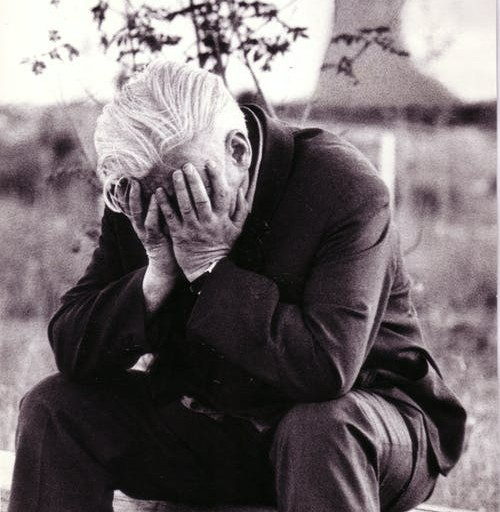‘Policing the Pandemic’ highlights the need for greater local input in service provision
Policy makers have been urged to prioritise a review of mental health services in rural Scotland, in a new study on the impact of Covid-19.
Researchers from Edinburgh Napier University found the pandemic had exacerbated the impact of existing problems around access to services in remote areas.

Community feeling had intensified about the centralisation of health and policing resources to ‘hub’ towns and cities, with suggestions that some rural communities have less personal services and are increasingly peripheral to decision making.
In the early phases of the pandemic, researchers found community organisations had stepped up to support vulnerable people in areas where services had been withdrawn or moved online.
However, the study highlighted concerns about the appropriateness and sustainability of the voluntary sector continuing to fill gaps in NHS mental health provision in particular.
The report, Pluralised responses to Policing the Pandemic, calls for the Scottish Government, NHS and local councils to urgently consider improving access to emergency mental health treatment, adding: “Given that mental health issues in rural locations are often hidden and services remote to these communities, a focus on rural mental health provision is recommended.”
The authors also recommended that key services like Police Scotland and NHS mental health provision review their footprint in rural communities, consider the impact of centralising and consult with communities about issues of concern.
The research project saw principal investigator Andrew Wooff (pictured), co-investigator Shane Horgan and research assistant Andrew Tatnell, from the University’s School of Applied Sciences, analyse the impact of Covid-19 on rural communities and the emergence of informal strategies to maintain order.

The study, from which they were reporting their interim findings, assessed the changing demands on police and other key organisations, and how they adapted their roles in response.
Fieldwork, including online interviews and focus groups, took place in two distinct rural communities during the second national lockdown last spring. The first case study area was Glen Roy, a National Park area close to the central belt with many residents employed in tourism and public services. The second was Craignorth on the northeast mainland, where fishing and tourism are key to the local economy.
In Craignorth, participants voiced frustration at Police Scotland changes which saw small police stations close and others cut opening hours, delays in calls being answered and online contact forms.
The study said: “The pandemic has illustrated the need for… the local context to be built back into service provision, particularly in rural areas which have never been busier and never more popular with visitors.
“There is a sense that some of the local issues during the pandemic were able to be resolved because of the rapid development of local, close, personal, working relationships.”
The study concluded that some public service agencies were initially unprepared for the impact of the pandemic and the demands placed on them not only by the UK and Scottish governments but also by rural communities.

Order was largely maintained and vulnerable members of the community supported through a combination of multi-agency co-operation, the efforts of voluntary groups, and high levels of compliance by the public.
However, the authors said much of the demand placed on individuals and the organisations and groups they work in, was magnified by existing pre-pandemic problems.
“In particular, the move towards more centralised and ‘abstract’ mental health and police service provision has been keenly felt in rural communities. Whilst Police Scotland has successfully trodden a careful line between the enforcement and discretionary policing of emergency legislation, this study has shown that there is a continued importance of addressing historical community relations and organisational structural issues which might affect the longer-term impacts on public trust and confidence in some rural communities in the post-pandemic era.”
The study urged consideration be given to balancing the economic and social benefits of increased tourism against the needs of rural communities, and also called for the setting up of a Reserved Emergency Fund to support community groups responding to future civil emergencies.
It also called for a follow-up study to be carried out next summer so the data can be compared with this year’s findings.